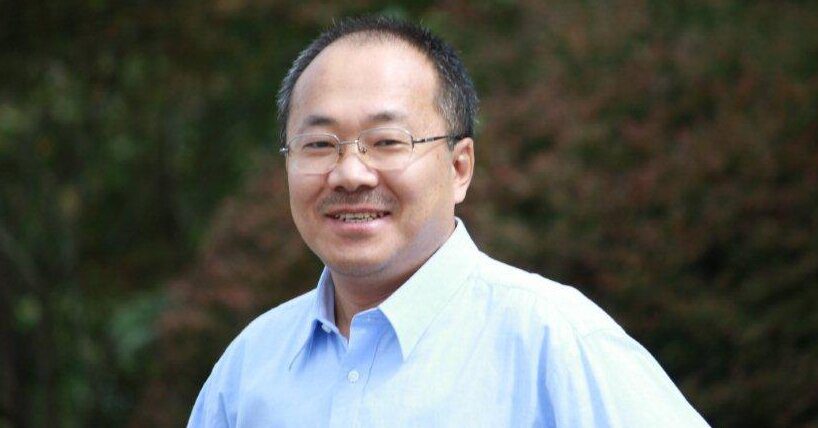Global Courant 2023-04-25 05:07:08
BEIJING — A senior editor at a Chinese Communist Party newspaper who often wrote liberal-oriented commentaries is expected to face charges of espionage in Beijing after he was arrested while having lunch with a Japanese diplomat.
The editor, Dong Yuyu, was a columnist and deputy editor-in-chief of the editorial staff of Guangming Daily, one of the party’s main newspapers. For decades he had routinely met with foreigners, including diplomats and journalists, in part to inform his own prolific writing. But now authorities are taking those interactions as evidence that he worked as a foreign agent, possibly for Japan or the United States, according to Mr. Dong’s family.
In the decade since China’s top leader, Xi Jinping, came to power, he has encouraged and at times outright incited suspicion towards foreign and especially Western countries, which he says are bent on undermining China. At the same time, he has all but eliminated the space for liberal views like Mr Dong’s – in part by portraying them as another symptom of foreign interference.
The relatively liberal Chinese publications where Mr. Dong once published, in addition to writing for his own employer, have been gutted. Chinese journalists have been barred from writing for foreign publications; previously Mr. Dong wrote several articles for The New York Times Chinese website.
It’s not clear whether the 61-year-old Dong was targeted because of his liberal views, his dealings with foreigners or both, according to his relatives, who asked for anonymity for fear of retaliation. They said the only evidence presented so far is his contacts with foreign diplomats and overseas academic scholarships he has received.
“His foreign ties were not suspicious, but a normal part of his job and a normal interaction between people in most parts of the world,” the family said in a statement. “The message seems to be that foreign contacts are taboo.”
Mr. Dong was arrested on February 21 last year while meeting with a Japanese diplomat at a hotel restaurant in downtown Beijing. The diplomat was also detained – an incident that led to protests from the Japanese government, which accused China of violating international norms on diplomatic immunity. China said, without providing evidence, that the diplomat engaged in activities “in conflict” with his job.
The diplomat was released after a few hours. Mr. However, Dong was held in an obscure form of secret detention for six months, after which he was formally arrested. He was charged last month.
It is not clear when he will stand trial. National security charges are shrouded in secrecy and trials take place behind closed doors. Espionage carries a prison sentence of 10 years or more.
Mr. Dong joined Guangming Daily in 1987 after graduating from the prestigious law school of Peking University.
He has long had an interest in promoting the rule of law and an independent judiciary, his family said – topics on which the government had allowed public debate in previous decades.
He wrote a piece encouraging the government to offer more loans to poor students won a prize of the All China Journalists Association. In 2012, in one piece before The timeshe worried that the government was too focused on economic growth and overlooked pollution and other issues.
In a 2013 review of Harvard scholar Roderick MacFarquhar’s history of the Cultural Revolution, Mr. Dong the way the party portrayed the decade of chaos and carnage led by Mao Zedong as the work of a few bad actors.
“Regardless of the internal criteria used to divide a political party into ‘good guys’ and ‘bad guys,’ these people all represent the whole party in policy formulation and implementation,” He wrote in a liberal history magazine. “That is why this party must also take political responsibility for the consequences of this policy.”
Mr. Dong won one Nieman journalism fellowship from Harvard University in 2006. He was also a Visiting colleague from Japan’s Keio University in 2010, and a visiting professor from Hokkaido University in 2014.
But the relatively more open environment at that time ended with Mr. Xi’s ascent. In 2017, an investigation into Guangming Daily by party authorities labeled the 2013 book review as “anti-socialist” and threatened with demotion, Mr Dong’s family said. Mr. Dong was also not a party member, which made him a minority in the newspaper.
Still, he kept writing. In 2018, under a pseudonym, which is common for opinion writers in Chinese publications, he wrote a widely read criticism from local officials in Jiangxi Province for destroying coffins in a campaign to promote cremation.
And his audience was not only domestic, but also included a community of foreign scholars, journalists and diplomats eager to understand China’s often obscure political and social landscapes. In a open letter in support of Mr. Dong, who was released on Monday, some of them said he was an “excellent ambassador for China” who had always been transparent about their appointments and scheduled meetings in public places.
Ann Marie Lipinski, the trustee of the Nieman fellowship, said in an email that “any speculation that his journalism fellowship provides evidence of espionage is baseless.”
Mr Dong’s role as China’s “interpreter” had become even more important – but also riskier – in recent years, said John Kamm, the founder of the US-based Dui Hua Foundation, which works for the liberation of political prisoners in China. “This is a loss of understanding between China and the outside world,” he said.








